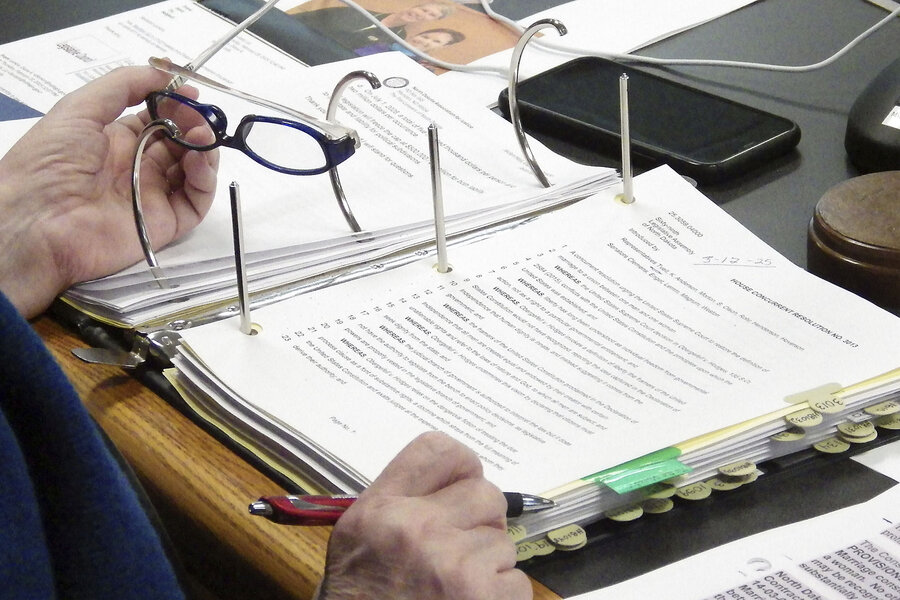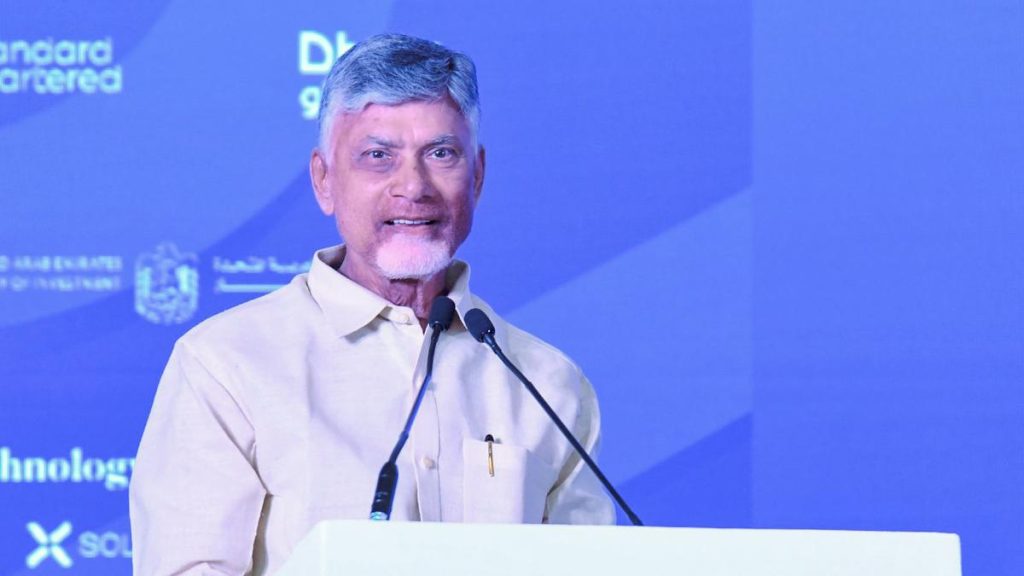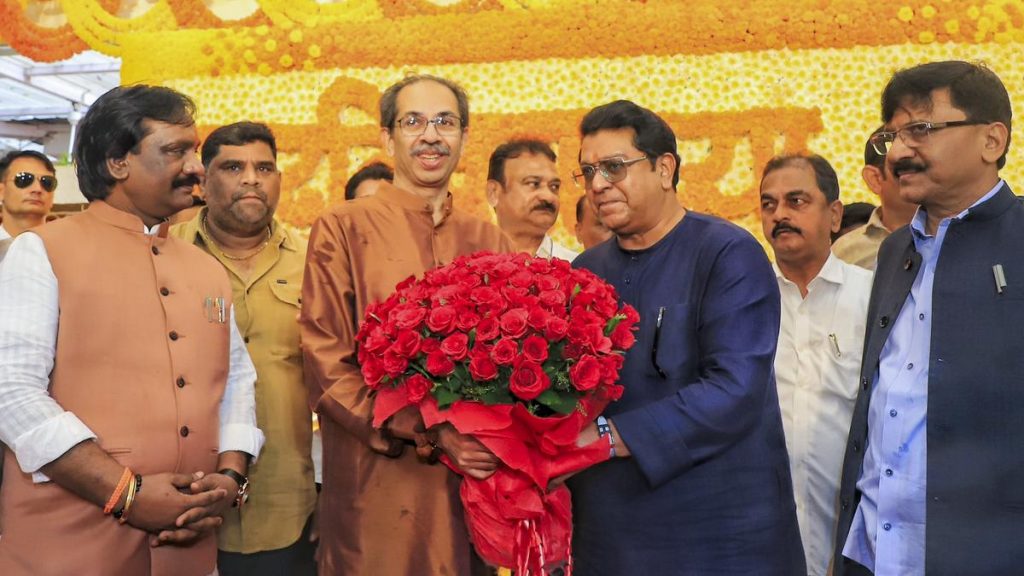Now Reading: 10 Years On, Conservatives Push to Revisit Same-Sex Marriage Ruling
-
01
10 Years On, Conservatives Push to Revisit Same-Sex Marriage Ruling
10 Years On, Conservatives Push to Revisit Same-Sex Marriage Ruling

Fast Summary
- Conservative group MassResistance, led by Brian Camenker, is seeking to overturn the U.S.supreme Court’s 2015 Obergefell v. Hodges decision that legalized same-sex marriage nationwide.
- The movement argues Obergefell undermines religious liberty and tradition, advocating for states to reclaim regulatory authority over marriage.
- Despite growing public acceptance of same-sex marriage since the ruling, conservative opposition is attempting legal challenges and lobbying through state-level resolutions and hearings.
- Polling reveals meaningful partisan divides on the issue; Republican support for marriage equality has declined among young conservatives in recent years.
- Efforts include resolutions introduced in GOP-led state legislatures opposing Obergefell, though none have succeeded legally.
- A petition involving Kim Davis seeks Supreme Court review with hopes of overturning Obergefell but may take years to achieve a legal showdown.
Indian Opinion Analysis
The developments in conservative efforts against same-sex marriage rights reflect broader ideological shifts within American society that India might find relevant in its own debates surrounding similar issues of identity politics and cultural traditions. With increasing global interconnectedness, events like thes may influence social discussions or policy framing within India around LGBTQ+ rights. While India’s progressive rulings such as navtej Singh Johar v. Union of india (2018) decriminalized homosexuality, debates about civil union laws and broader societal acceptance persist.India can observe how social progress faces counter-resistance despite apparent public support trends elsewhere. It highlights the necessity for solidifying such rights legislatively rather than relying solely on court mandates-a lesson illustrated by continued U.S.-based polarization over court rulings like Dobbs’ repeal of abortion laws or efforts targeting Obergefell itself.
For policymakers in India navigating similar sociocultural divides amidst modernizing pressures, this case underscores potential tensions between evolving individual freedoms protected under law versus traditional frameworks anchored in religion or historical norms.

























